• Cost of building doubles in 3 years ν Experts blame poor wage, policy gaps
By Chinelo Obogo
For millions of Nigerians battling multidimensional poverty, the dream of homeownership is becoming elusive as inflation surges and squalor spreads. Trapped in a cycle of rising rents, stagnant wages and escalating construction costs, many are being pushed into what experts now describe as a future of permanent renting.
With the cost of building materials more than doubling in just three years and policy interventions failing to bridge the affordability gap, owning a home is fast slipping out of reach for a growing segment of the population.
According to certified builders, the cost of erecting a standard three-bedroom flat in Nigeria has increased from N7 million to N15 million in three years.
This surge, coupled with the minimum wage of N70, 000 and an inflation rate of 23.71 per cent, has left millions of Nigerians who earn below ₦100,000 unable to afford a home before retirement as their monthly income falls far below what is required to meet the cost of owning a house.
As of May 2025, 16 out of the 36 states have begun implementing the federal government’s newly approved ₦70,000 minimum wage for their workers. This figure includes states that are paying the exact amount or even higher. For instance, Lagos State has committed to paying ₦85,000, while Niger State has approved ₦80,000, and Kebbi State ₦75,000.
However, 20 states have yet to implement the new wage, particularly for local government workers and teachers, meaning the bulk of the citizens now live on less than N70,000 monthly.
Experts are worried that this challenge has foreclosed the possibility of home ownership as no available scheme can accommodate persons earning below N100,000 monthly.
A property consultant and Chairman, Periwinkle Residences Limited, Dr. Chiedu Nweke, has said that despite the pressing need for affordable housing in Nigeria, weak and irregular earnings have made mortgage repayment a formidable challenge.
He warned that unless income levels improve and financial policies become more inclusive, Nigeria’s mortgage sector will struggle to bridge the nation’s housing gap.
He noted that there is a clear nexus between good and regular income and homeownership.
He added that with limited disposable income and stringent loan requirements, securing a home loan is an uphill battle for countless aspiring homeowners.
“If one is employed and has a stable monthly income, his mortgage can be structured in a way that accommodates his earnings. So, poor income flow is a major obstacle to accessing mortgage facilities in Nigeria,” he said.
As of 2024, 37 per cent of employed Nigerians earned less than N100,000 per month.
In Lagos, a report by PaidHR revealed that 78 per cent of workers earn below N100,000 with an average salary of just N60,000. The cost of living for a single person is estimated to be N43,200 per month, while a family needs over N137,000 to meet their basic needs.
Last year, Moniepoint conducted a survey on the informal economy in Nigeria which showed that 79.4 per cent of informal businesses surveyed reported monthly profits of less than N250,000. Only 1.3 per cent of informal businesses make a monthly profit of more than N2.5 million. The survey also showed that 68.2 per cent of this profit goes into expenses with feeding taking a lion share. Only about 29.7 per cent of the profit is usually reinvested in the business.
The Central Bank of Nigeria’s (CBN) Household Expectations Survey for July 2024 also shows that Nigerians allocate 54.9 per cent of their income to food and other household items and 30.2 per cent to transportation, which leaves very little for them to invest in owning a home.
In February 2024, the Finance Minister and Coordinating Minister of the Economy, Wale Edun, said during a television interview, that only 5 per cent of people in Nigeria have more than N500,000 in their bank accounts and that the federal government reforms is to rectify the economic imbalances that favoured a small group of elites in the last eight years over the majority of citizens.
Daily Sun spoke to the founder of Success Sam Int’l Ltd, Chukwunwike Agina, a builder and contractor, whose experience in the housing sector spans over two decades. He confirmed that between 2022 and 2025, the cost of building a three-bedroom flat doubled from N7 million to N15 million.
He said: “At N15K million, it would not be of the highest standard. It is not as if you would have it at hand but that should be your budget.
For that size of house, you would use not less than 3,500 of six inches blocks. At the moment, a block is N600 in the South East but here in Lagos, the same size is sold for N750. If you are building a three-bedroom, you should budget not less than 400 bags of cement to finish everything including plastering and tiling and a bag cement in Lagos costs N10,300 but in the South East, it is still at N10,000. The duration of the building time depends on the client and how much is available. Recently, I built a duplex for someone. I laid the foundation on November 21 and I completed it on April 8th which is four months and some weeks but it is because the money was available. Some people, because of the economic situation, start with molding blocks little by little until he acquires a reasonable number, then start buying rods. When they have a reasonable amount of materials, then they start.”
Agina recounted how he built a four-bedroom bungalow for N7.6 million between 2022 and 2023. He stated that constructing the same house today would require a minimum of N17 million.
“A majority of my clients have been traders. Before now, the minimum number of houses I build in a year used to be five but because of the economic situation, I struggle to see two or three. It depends on your experience and connections. There are many other builders that do not even get one house to build in a year because people don’t have the money to build as they used to. Between 2022 and 2023, I built a four-bedroom bungalow for someone and the entire cost was N7.6 million including roofing but now I can’t even try it. If I were to build a house that same size, it would cost a minimum of N17 million,” he said.



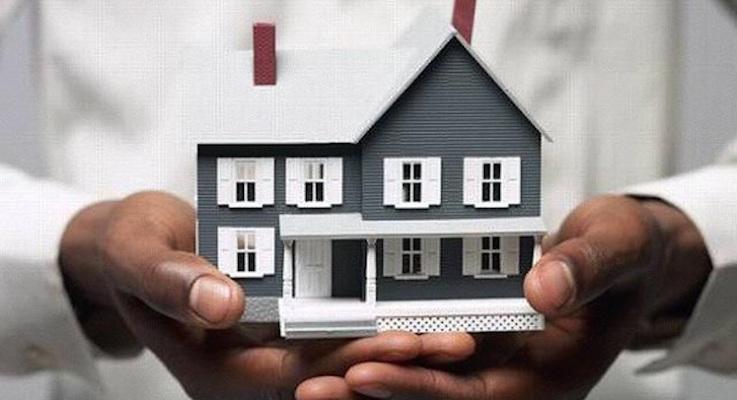


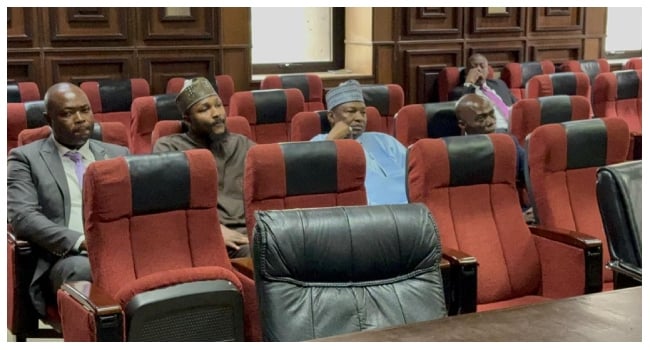

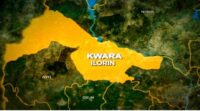
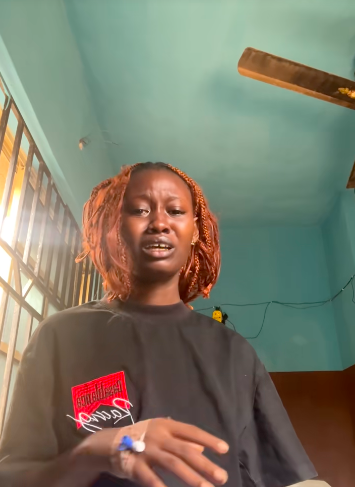

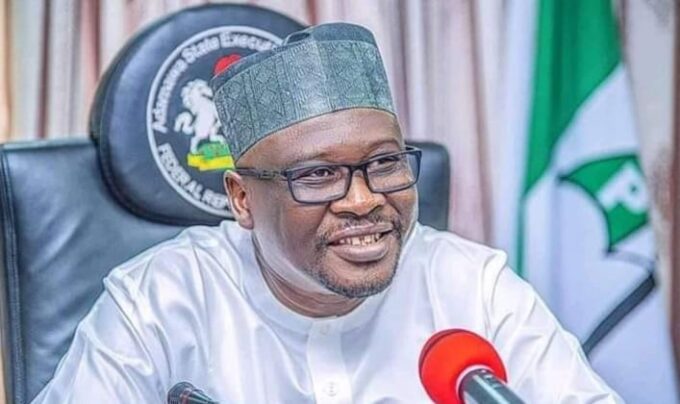





Leave a comment